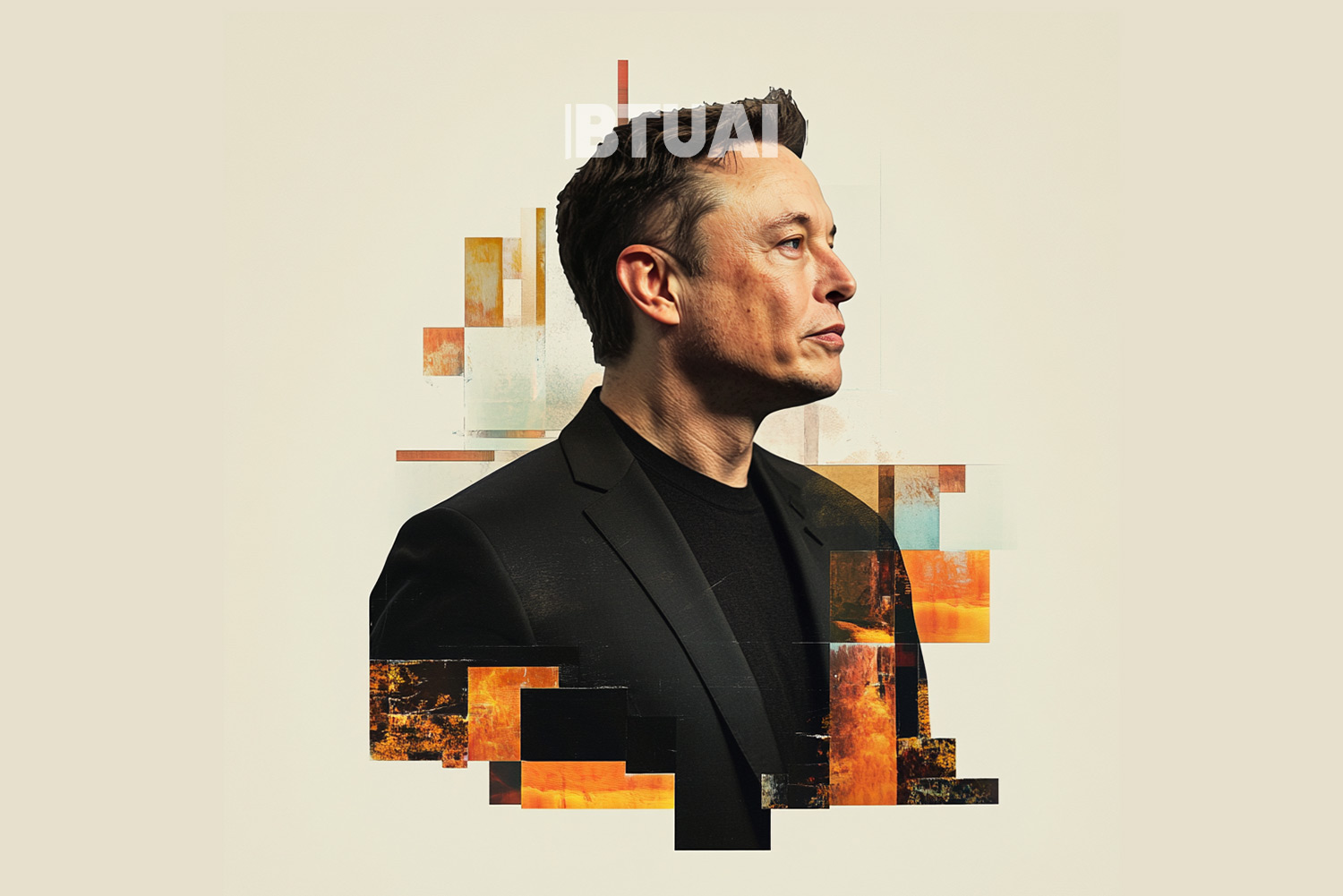Elon Musk’s Empire Under Threat: Lost Focus and Rising Competition
Until recently, Elon Musk rarely had to look over his shoulder. For years, he didn’t view other electric car

Until recently, Elon Musk rarely had to look over his shoulder. For years, he didn’t view other electric car manufacturers as Tesla’s main rivals — the real competition was the traditional internal combustion engine. Similarly, his space company SpaceX had become an almost unbeatable force, outpacing legacy aerospace giants with its rapid innovation and lower costs.
But in 2025, the landscape has shifted. Musk’s growing involvement in U.S. political controversies is increasingly damaging his business interests. SpaceX and Tesla, which together make up about 90% of Musk’s empire, are now facing unprecedented competitive pressure. Musk’s lost focus has created the perfect opening for his rivals.
Last year, SpaceX accounted for roughly 83% of global rocket launches, but signs of strain are now visible. Its satellite internet service, Starlink, with more than 7,000 satellites in orbit, is expected to generate $11 billion this year. Yet Musk’s recent political moves have cast doubt on the service’s reliability. His threat to cut off Starlink access in Ukraine alarmed European leaders, pushing them to seek alternative providers. As a result, the stock price of France’s Eutelsat, which operates OneWeb, tripled.
While Starlink still faces no major competitor, that may soon change. Amazon’s Project Kuiper plans to deploy 3,000 satellites, and Jeff Bezos’ Blue Origin — now successfully launching missions — is emerging as a direct challenger to SpaceX.
But the greatest threat lies with Tesla. Over the past three months, the company’s valuation has dropped nearly 50%. While political protests continue to target the brand in the U.S. and Europe, the real danger comes from technological advances by competitors.
Last year, General Motors increased its U.S. electric vehicle sales by 50%. Tesla remains the market leader, but its market share in the U.S. has dropped from 68% to 53% over the past two years. The Cybertruck, once highly anticipated, has faced widespread technical issues, further damaging Tesla’s reputation.
Tesla’s most serious challenge, however, is in China, where BYD has now overtaken it in market share. In February alone, Tesla’s Chinese sales dropped nearly 50%, while BYD’s soared by 161%. BYD has launched a rapid charging system twice as fast as Tesla’s and introduced its “God’s Eye” autonomous driving platform, which rivals Tesla’s “Full Self-Driving” at half the price. In China, BYD is now seen as the technological leader.
Despite these challenges, Musk’s empire still holds potential. SpaceX’s new Starship rocket could mark a major technological leap. Tesla is pushing into robotics and collaborating with xAI, now valued at $75 billion. Even Musk’s social platform X has regained traction, currently valued again at $44 billion.
But rivals are not backing down. Jeff Bezos and others are poised to exploit every mistake Musk makes — particularly those driven by his political and personal ambitions. Musk’s biggest challenge now is not winning political battles, but protecting the businesses whose success depends on his focus and strategic clarity.
Source: Based on materials from The Economist




